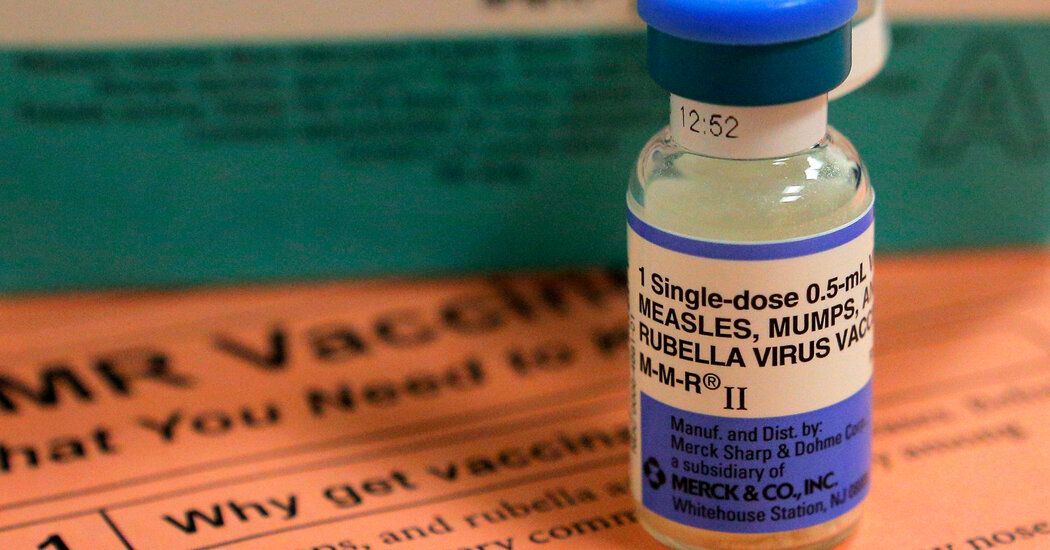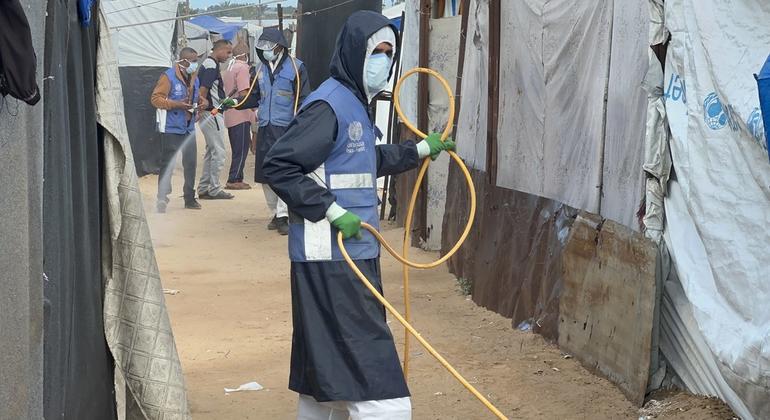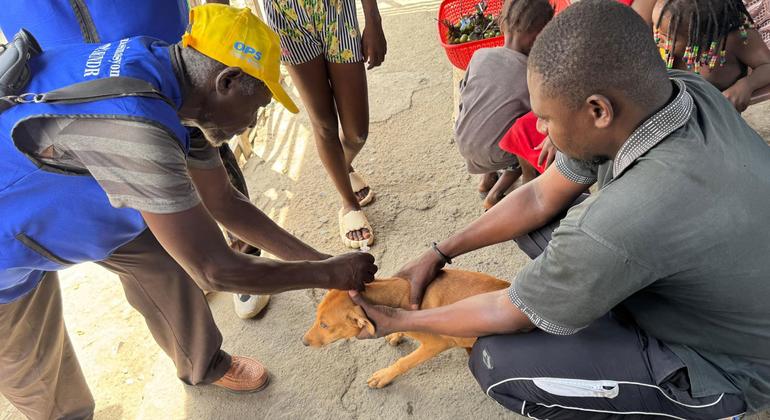Backstory: The pandemic and growing hesitancy slowed vaccinations.
A false claim in the 1990s that the combined measles-mumps-rubella vaccine caused autism led to a drop in immunization rates. Public health campaigns later recovered much of that shortfall, but rates fell again during the Covid-19 pandemic, particularly in low-income countries.
The measles virus is particularly adept at finding pockets of vulnerability, but outbreaks of other vaccine-preventable diseases can occur, said Dr. Saad Omer, dean of the O'Donnell School of Public Health at UT Southwestern in Dallas.
“Measles is often the canary in the coal mine,” Dr. Omer said.
This year in the United States, Philadelphia recorded nine cases of measles, Washington state confirmed three cases and was investigating three others, and several states were tracing contacts for just one case each.
As of January, 49 countries have what the WHO calls “large or disruptive outbreaks,” according to Dr. Natasha Crowcroft, the organization's senior adviser on measles and rubella.
Britain confirmed 250 cases of measles in 2023, most of them in children under 10 years old. In Europe last year, one in five cases was an adult aged 20 or older, according to the WHO.
Those numbers may seem modest, but they are a sign that public health officials should step up immunization campaigns, Dr. Omer said.
“If a fire is just starting, it's time to do everything you can and put it out immediately, rather than waiting for it to spread,” he said.
The red line: Vaccination rates must not fall below 95 percent.
For measles to remain under control, at least 95 percent of the population must be immunized. In Europe, the percentage of people who had received a first dose fell from 96 percent in 2019 to 93 percent in 2022.
More than 1.8 million babies did not receive the measles vaccine between 2020 and 2022.
“We actually knew this was going to happen, so it's not news to us,” Dr. Crowcroft said of the rise in measles cases in Europe.
“There are times when there is no pleasure in being right, and this is one of those.”












